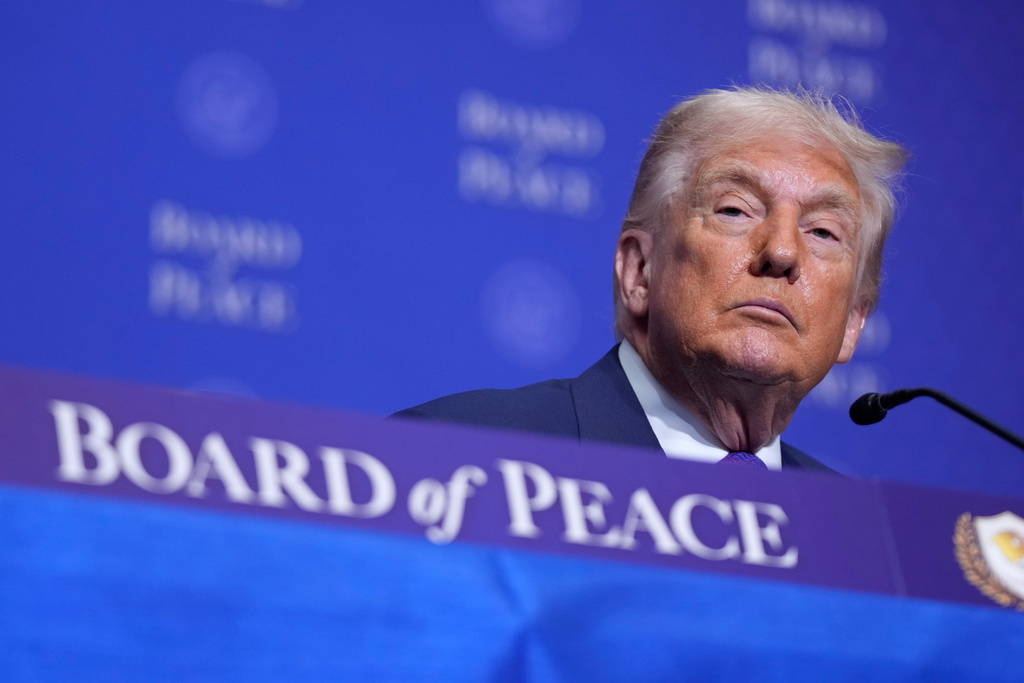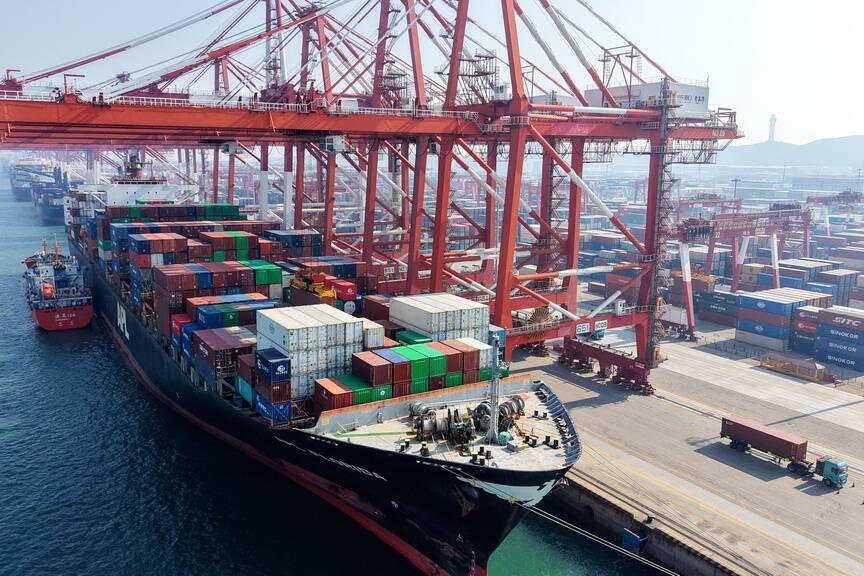ChatGPT-5 Is Here. The Trump Tariffs Might Kill What Comes Next.
The newest version of ChatGPT is here. The latest artificial intelligence model, dubbed “GPT-5,” is faster, more accurate, and more capable than anything we’ve seen before.
But it could be the last of its kind for a while.
On the same day the newest model of ChatGPT came out, President Trump dropped a bombshell on the global tech industry: 100% tariffs on imported semiconductors, the tiny computer chips that power everything from phones to cars to AI.
This will hit Silicon Valley hard.
Last year, America manufactured just 12% of semiconductors globally. It gets worse: none of the most advanced chips needed for AI are made in America. One firm, the Taiwan Semiconductor Manufacturing Company (TSMC), manufactures 90% of those chips, while South Korea accounts for the rest.
OpenAI, the American company that makes ChatGPT, will likely take a hit. They rely on TSMC – which, as its name suggests, is located in Taiwan – to build custom semiconductors for ChatGPT.
According to some estimates, OpenAI spent $1 billion to train ChatGPT-5. And hardware – the semiconductors – are easily the biggest item in the budget, accounting for anywhere from half to two-thirds of the cost of building a new model.
The 100% chip tariffs that President Trump has threatened could drive those costs through the roof. That kind of spike could force companies like OpenAI to delay, downsize, or scrap next-generation models entirely.
A couple of years back, No Labels’ allies in Congress passed the bipartisan CHIPS and Science Act to provide billions of dollars in subsidies and tax credits to bring semiconductor manufacturing to America. But these plants are big and complex; the first ones won’t be operational until 2026 at the earliest.
There’s a real conversation to be had about reducing our dependence on foreign suppliers, especially when so much production is concentrated near China. But if the goal is to boost U.S. competitiveness in AI, tariffs are not the way to do it.
American AI companies need long-term investment, not short-term penalties.
Related
Peyton Lofton
Peyton Lofton is Senior Policy Analyst at No Labels and has spent his career writing for the common sense majority. His work has appeared in the Washington Examiner, RealClearPolicy, and the South Florida Sun Sentinel. Peyton holds a degree in political science from Tulane University.




